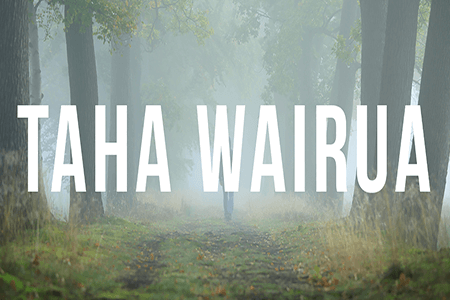Where to go for help: a guide of mental health resources
By MAS Team | 22 September 2020

By MAS Team | 22 September 2020
Last updated 15 September 2022
If you’re experiencing poor mental health right now, you’re not alone. Research by the Mental Health Foundation has demonstrated what many of us are feeling: New Zealanders’ mental wellbeing has become worse since the COVID-19 pandemic. In a survey undertaken by the Foundation in February 2022, 36% of respondents were experiencing poor emotional wellbeing – up from 27% the year before.
If you’re struggling to cope, we’ve compiled a list of resources to help support you or a loved one during stressful times.
In an immediate emergency, where yourself or someone you are with is in danger, the Ministry of Health recommends these actions:
If you are seeking professional help there are a range of options available.
A good place to start is to make an appointment with your GP. Most GPs are part of Primary Health Organisations (PHOs) that run government-funded mental health programmes and you may be able to access free counselling sessions.
MAS Members can receive three free counselling sessions from EAP Services, an independent counselling service. The counselling is available 24/7, remotely or in person, and is completely confidential.
The Mental Health Foundation has extensive advice for finding a counsellor or support group to suit your mental health needs. There are support groups across the country for varying mental health needs, covering everything from anxiety, grief and bipolar disorder through to postnatal depression.
To find low cost or free counselling in your area, search the Family Services Directory, or alternatively you may be eligible for 10 free counselling sessions through a WINZ Disability Allowance.
Healthpages provides a directory of private psychiatrists nationwide, while Talking Works offers a directory of counsellors, psychologists and psychotherapists.

The University of Auckland students can access ongoing, long-term support if they are living with a diagnosed mental health condition, or short-term counselling support for any issues that are impacting on their studies.
The University of Waikato provides free short-term mental health support to students and has a mental health nurse available to provide support and advice in urgent situations.
Students of Massey University can access free counselling services. Distance students within New Zealand can contact any campus clinic to book a session with a counsellor.
Victoria University of Wellington provides short-term counselling support for any issues that are affecting students’ studies. All sessions are free for domestic students and NZAid students.
The University of Canterbury offers free counselling to students. The Student Care Team is available to give advice on the issues affecting students.
Lincoln University offers short-term counselling for a range of issues through Student Health and the Lincoln University Student Association can help students organise appointments, find the right people and offer companionship to help them find the care they need.
The University of Otago offers short-term mental health support and counselling to Otago students on Dunedin campus to help them to achieve their academic and personal goals.
The Piki programme provides free therapy and other mental health support to people aged 18-25 years old who live in the Greater Wellington region - and you don’t need to be a university student to access it.
If you are worried about your child’s mental health, a good place to start is to talk to them about how they’re feeling. If you need extra help, there are a number of services available to assist and help you support them.
Youthline is a free, nationwide helpline service for people aged 12-24 years and their families – call on 0800 376 633 or free text 234. They also offer free face-to-face counselling services and youth mentoring.
What’s Up is a nationally available helpline and web chat service for children and young people. They’re available by phone (0800 942 8787) every day from 11am-11pm, and have an online chat service from 11am-10.30pm daily.
The Low Down has a wealth of resources to help young people learn, express and engage with their hauora, identity, culture and mental health. For those who need to speak to a trained counsellor, they can call free on 0800 111 757 or text 5626.
Aunty Dee is a free online tool for anyone who needs some help working through a problem or problems. Aunty Dee doesn’t generate content or provide answers; it guides you to think about and explore your problems in a structured way. The website also has a list of tips for dealing with issues like sexual or gender identity, family problems and living with disabilities.
SPARX is a free online game-style self-help tool designed to help young people with mild to moderate depression. This self-help e-therapy tool teaches young people key skills needed to help combat depression and anxiety. As users complete the game, they learn and practice skills in a fantasy environment, and are then encouraged to use those skills in real life.

If you’re concerned about someone’s mental health but unsure if you should be taking any action, the Mental Health Foundation recommends looking out for these signs:
Here are some resources that may provide guidance on how to approach a loved one who is struggling:

21 July 2021
From submitting your claim to getting the final repairs completed - here's how to navigate the insurance claim process.

26 November 2018
Mindfulness is the practice of paying attention and being aware of the present moment. Here are five great tips on how to wind down and be mindful this Christmas.

30 September 2019
Taha wairua is who and what you are, where you have come from and where you are going. Your spiritual essence if your life force – your mauri.